Our work
EDRi is the biggest European network defending rights and freedoms online. We work to to challenge private and state actors who abuse their power to control or manipulate the public. We do so by advocating for robust and enforced laws, informing and mobilising people, promoting a healthy and accountable technology market, and building a movement of organisations and individuals committed to digital rights and freedoms in a connected world.
Filter resources
-

How (not) to set up a public warning system
What is the best way to alert people about catastrophes? Germany went with proprietary apps which caused the recent warning day ("Warntag") to become an official failure. EDRi member Free Software Foundation Europe (FSFE) analysed the situation and found more robust solutions that respect user rights.
Read more
-

Walking from Luxembourg to Brussels in two hours
A public hearing before the European Court of Justice (ECJ) last Tuesday, November 10, dealt with the compatibility of Article 17, more precisely the provisions of Article 17 that require platforms to block copyright infringements, with the Charter of Fundamental Rights.
Read more
-

A vicious circle? Enabling privacy-friendly alternatives to behavioural advertising
EDRi member Panoptykon Foundation published a report “To Track or Not to Track: Towards Privacy-Friendly and Sustainable Advertising” which argues that there is only one winner in this supposed “win-win” situation: the ad tech industry.
Read more
-
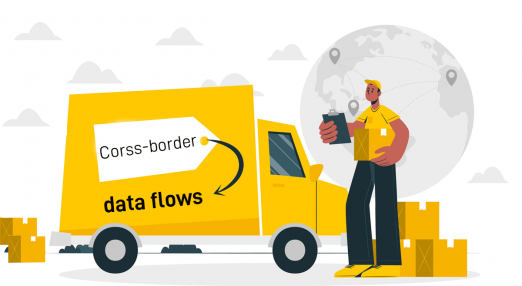
WTO trade talks must respect privacy
Together with over 40 consumer and digital rights groups, EDRi calls on global governments to place people’s fundamental rights to data protection and privacy at the centre of digital trade negotiations.
Read more
-

Booklet: Digital Defenders help kids defend their privacy online
Our popular publication “Your guide to Digital Defenders – Privacy for kids!“ has been updated!
Read more
-

Japan Trade Deal punches USA-sized hole in privacy
EDRi member Open Rights Group discusses the challenges that the new UK-Japan trade agreement poses to data protection rights in the UK.
Read more
-
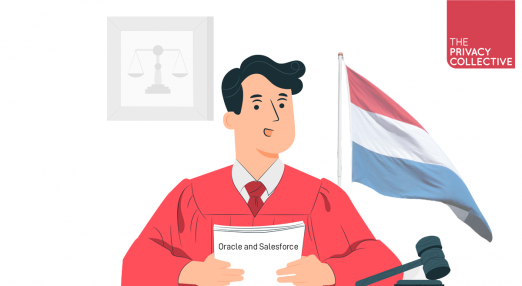
Oracle and Salesforce taken to court in the Netherlands over GDPR infringement
Dutch Foundation “The Privacy Collective” is suing tech giants Oracle and Salesforce for the misuse of millions of people’s data under GDPR.
Read more
-
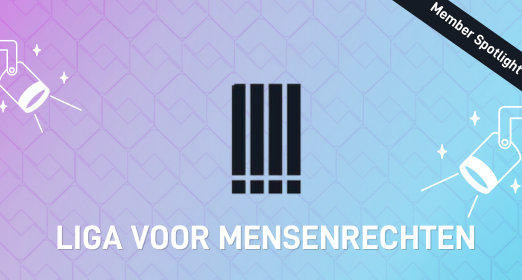
Member in the Spotlight: Liga voor Mensenrechten (League for Human Rights)
Liga voor Mensenrechten (League for Human Rights) focuses on the balance between freedom and security; the rights of prisoners; privacy; and non-discrimination. The organisation has a strong track record with respect to privacy, including government surveillance, counterterrorism and policing.
Read more
-
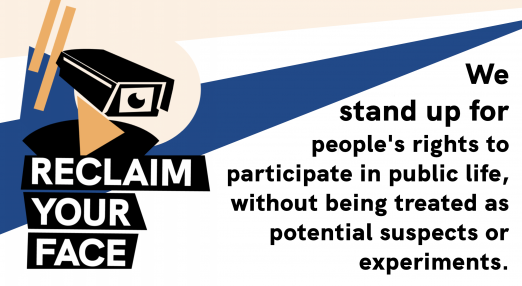
EDRi-gram, 12 November 2020
We have watched as governments have abused their power to put limits on people’s freedoms, and as companies have exploited the situation to gather ever more biometric data about us. The Reclaim Your Face coalition has risen up against the widespread abuse of our biometric data before and during the pandemic.
Read more
-

Campaign “Reclaim Your Face” calls for a Ban on Biometric Mass Surveillance
Civil society across Europe launches the “Reclaim Your Face” campaign, demanding that local and national authorities listen to their communities about the serious risks of using facial recognition and other biometric technologies in public spaces. The newly formed coalition calls to ban biometric mass surveillance, in reaction to the rapid and secretive roll out of invasive and unlawful technologies by police forces and local authorities in many European countries.
Read more
-
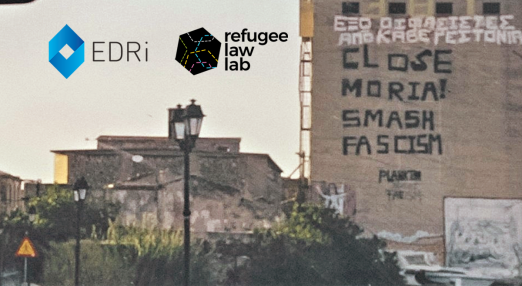
Booklet: Technological testing grounds, border tech is experimenting with people’s lives
The European Union is increasingly experimenting with high risk migration management technologies.
Read more
-
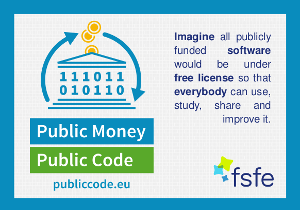
EU Open Source Policy: good analysis, missing concrete next steps
EDRi's member, Free Software Foundation Europe (FSFE), calls upon the Commission to present and implement concrete measures and activities in the coming weeks and months, regarding its Open Source Strategy.
Read more
